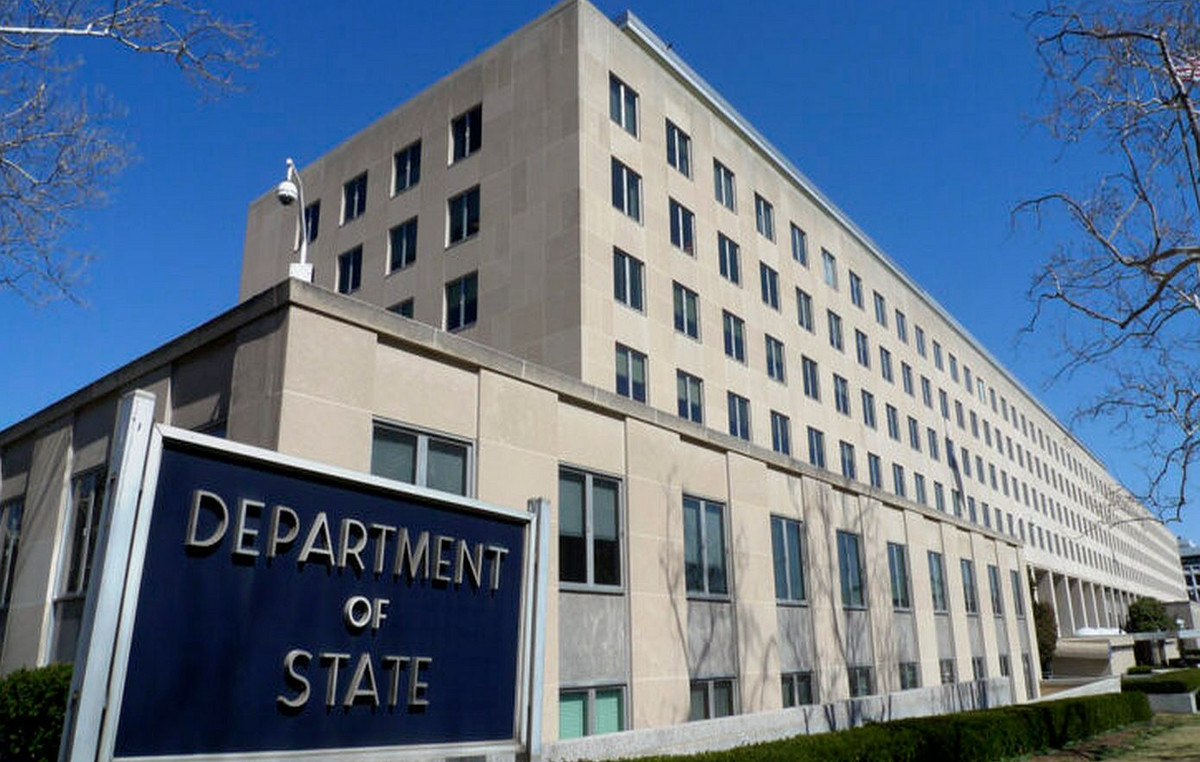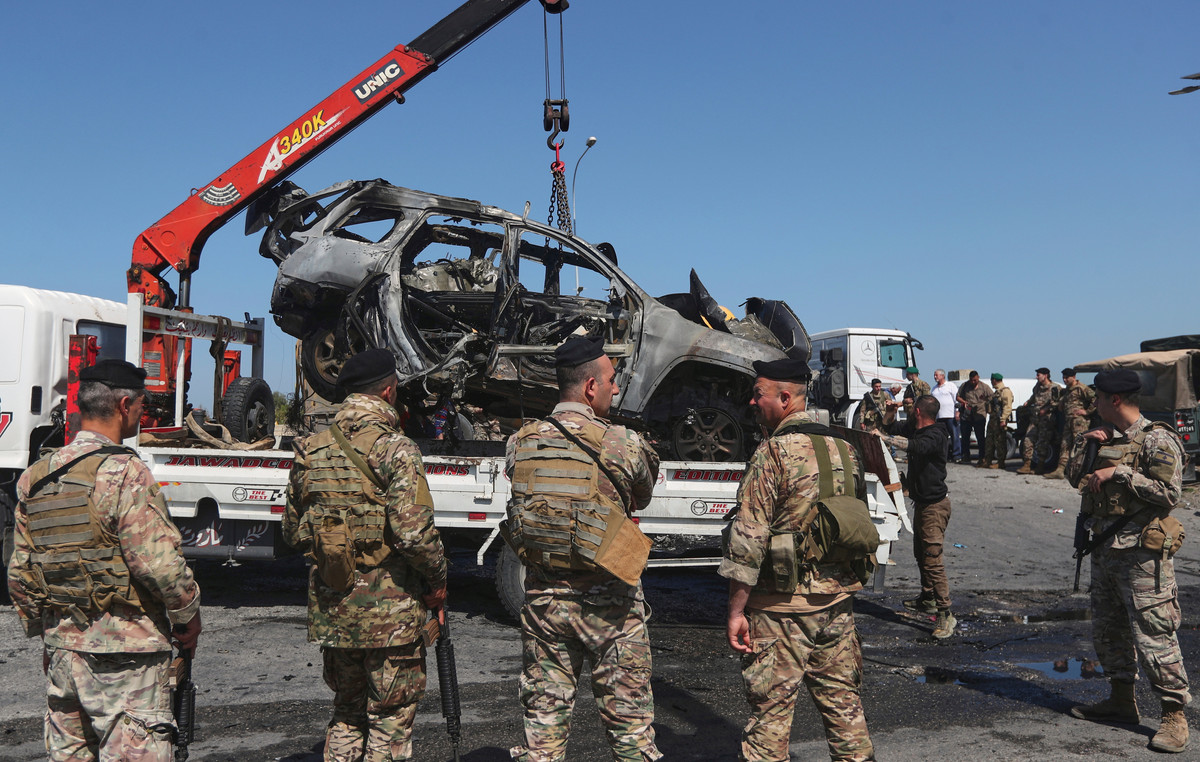LAST UPDATE: 18.55
European gas prices are rallying today as disruptions to a key transit route through Ukraine and Moscow’s move to cut off gas supplies to a German plant seized by Gazprom in retaliation for Western sanctions over war in Ukraine are raising prices, according to Bloomberg.
The Dutch benchmark contract rose as much as 14%, with flows from Russia through Ukraine falling by about 30% on Thursday. It is not yet clear how this could affect overall gas availability in Europe, as liquefied natural gas (LNG) supplies and warmer weather are limiting demand. But concerns are growing that the conflict could escalate.
At the same time, Russia imposed sanctions on Gazprom Germania and various subsidiaries of the company, which are now under the control of the German energy regulator, late Wednesday.
Russia cuts off gas supplies to German-owned Gazprom plant in retaliation for Western sanctions over the war in Ukraine, as reported by Bloomberg.
Gazprom Germania and its subsidiaries no longer receive all contract quantities, said German Economy Minister Robert Habeck. Europe’s largest economy and the largest buyer of Russian gas receives gas from alternative sources and may face a shutdown, he added.
Moscow has banned transactions with Gazprom Germania and its various subsidiaries, which are now under the control of the German energy regulator. This includes energy supplier Wingas, a European gas storage company, the commercial arm of Gazprom based in London and EuRoPol Gaz, owner of the Polish section of the Yamal-Europe pipeline connecting Russia with Germany.
Late afternoon, the Dutch gas contracta reference point on the European continent, was strengthened by 9,029%στα 102.50 euros per megawatt hour. The corresponding British contract was extended to 21. German electricity was also strengthened, with next month’s contract increasing by up to 17%.
The risk of disruption comes at a time when a solution to the main problem that has prevailed for weeks, Moscow’s demand for ruble payments for gas, seems to have been found. Companies were increasingly confident that they could continue to buy Russian supplies without violating sanctions, with Italian Prime Minister Mario Draghi on Wednesday appearing to support such a move.
Specifically, the Italian Prime Minister Mario Draghi appeared reassuring yesterday about the possibility of interruption of Russian gas flows to Europe, saying that Moscow’s demand for payments in rubles is not an obstacle.
According to Reuters, speaking to reporters during his visit to the United States, M. Draghi stated that “in fact, most of the gas importers have already opened accounts in rubles with Gazprom.”
It is recalled that Russian President Putin issued a decree requiring “unfriendly countries” to open new accounts in Gazprombank, through which their payments in euros or dollars for gas will be converted into rubles.
For its part, the European Commission had warned that compliance with Putin’s plan could violate EU sanctions, but Draghi said it was a “gray area” without a formal decision on the issue.
Oil is rising slightly
Meanwhile, oil prices are rising slightly as worries about the outlook for the global economy continue to shake markets.
Futures on the WTI have been seen to fluctuate widely this week, dropping below $ 99 a barrel and climbing up to $ 110 a barrel.
Oil jumped about 6% on Wednesday after falling more than 9% in the previous two sessions as investors struggled to assess how massive lockdowns in China and the rapid tightening of US monetary policy will affect growth and progress. demand in the two largest economies in the world.
The volatility is compounded by the uncertainty surrounding the European Commission’s proposal to impose an embargo on Russian oil, with Hungary remaining opposed, threatening to veto the decision.
In this climate, the WTI June delivery earns 0.70% at $ 106.45 a barrel, while Brent July strengthens 0.25% to $ 107.79 a barrel on ICE Futures.
Source: Capital
I am Sophia william, author of World Stock Market. I have a degree in journalism from the University of Missouri and I have worked as a reporter for several news websites. I have a passion for writing and informing people about the latest news and events happening in the world. I strive to be accurate and unbiased in my reporting, and I hope to provide readers with valuable information that they can use to make informed decisions.







